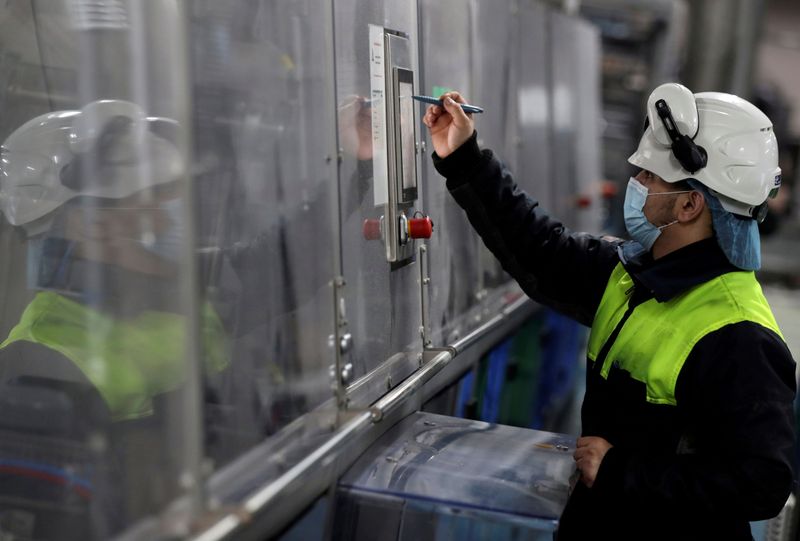
Consumer prices in the 19 countries sharing the euro fell to a four-year low of 0.1% in May from 0.3% in April, well short of the ECB’s target of almost 2%, as energy prices dropped by 12% on a global recession and political scuffles among top oil producers.
But a keenly watched “core” figure, which excludes food and energy prices, held steady at 1.1% while even narrower data, which also excludes alcohol and tobacco, remained at 0.9%.
While all the readings are below its target, the ECB has little power to control short term price growth and instead wants to avoid low prices getting entrenched and leading to a difficult-to-break deflationary spiral.
Some policymakers even warned that inflation could turn negative in the coming months, primarily on low energy prices, a sort of one-off that central banks normally look past.
But the ECB is still likely to provide more stimulus in June or July as the euro zone economy shrinks by a tenth this year and coronavirus-related restrictions stay in place longer than initially feared.
The ECB is buying up to 1.1 trillion euros worth of debt this year to keep borrowing costs down but economist expect the bank to top up its quota, perhaps by 500 million euros, as government borrowing surges.
Low inflation is also likely to prompt some soul searching at the ECB. It has undershot its target for 7 years and the current crisis suggests years of misses ahead, even as policy is already stretched to the limits.
This has raised questions about the viability of the bank’s target and the issue will take centre stake in the ECB’s strategy review due to end in mid-2021.



